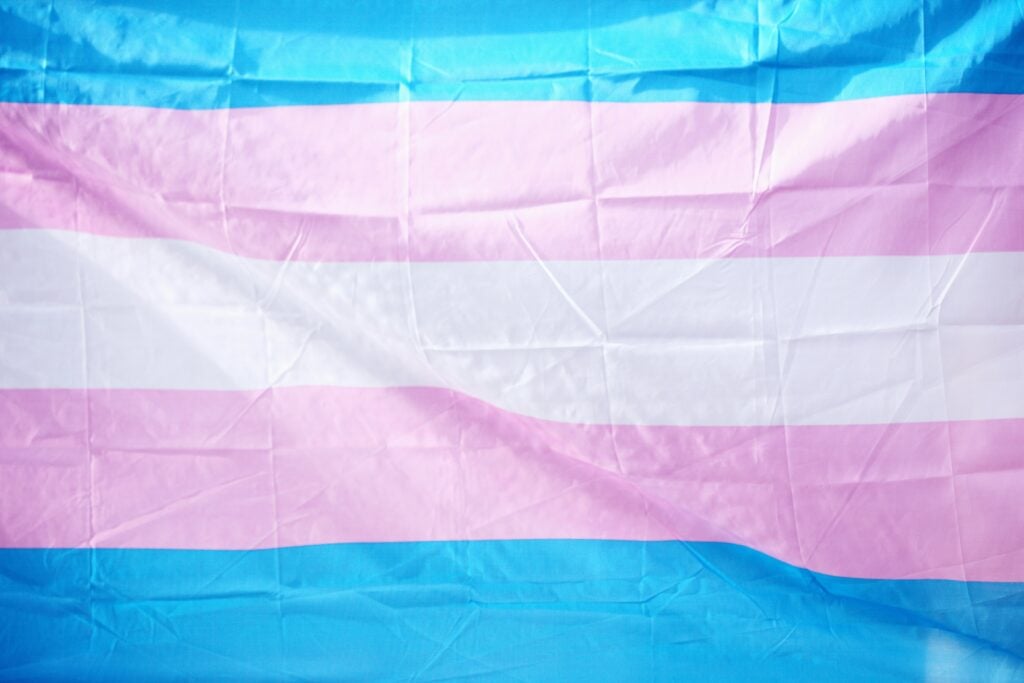Digital health initiatives helped transgender Filipinos access sexual and reproductive healthcare during the Covid-19 pandemic
15 May 2024

Stringent lockdowns during the COVID-19 pandemic and the systemic exclusion of transgender (trans) experiences and narratives in sexual and reproductive health (SRH) in the Philippines cultivated precarious access to SRH systems among local trans communities during the public health crisis. With the shift toward digital health initiatives (DHIs), this study aimed to explore the experiences of local trans communities in using DHIs to access SRH care and gender-affirming services, information and providers during the COVID-19 pandemic. Drawing from online interviews with 13 self-identified trans Filipinos living in the Philippines during the pandemic, I argue in this article that DHIs during the COVID-19 pandemic presented opportunities for local trans communities to access trans-specific and responsive healthcare amid longstanding geographic, economic and social barriers to health-seeking. These online communities of care not only connect trans Filipinos to culturally competent and affordable care but also foster a sense of belongingness and support, especially given the social and physical isolation that intensified due to pandemic lockdowns.
However, as the narratives of trans Filipinos illustrate, DHIs that connect trans communities to the formal healthcare system are limited in their capacity to address structural and systemic inequities vis-à-vis trans health. In response to such inequities, local trans communities leverage diverse digital spaces to navigate community-based trans-responsive pathways to care to ensure that their health needs and rights are met and secured. To that end, this study underscores the need to reevaluate the implementation of DHIs in the country vis-à-vis its responsiveness to the trans community’s specific health needs. Taken together, this study underscores the need to go beyond technical access to care to ensure that trans-inclusive and trans-responsive sources and providers of care are made available throughout the healthcare system. As the narratives of trans Filipino communities illustrate, the narratives, experiences, and practices within their online communities of care may be the key to actualizing such a healthcare system not only in the Philippines but all over the world. The findings of this study emphasize that DHIs address discontinuities in access and delivery of gender-affirming health services, especially those that emerged during the COVID-19 pandemic.
Author: Luis Emmanuel A. Abesamis (Department of Behavioral Sciences, University of the Philippines Manila/Department of Sociology and Behavioral Sciences, De La Salle University Manila)
Read the full paper: https://doi.org/10.1016/j.socscimed.2023.116284
